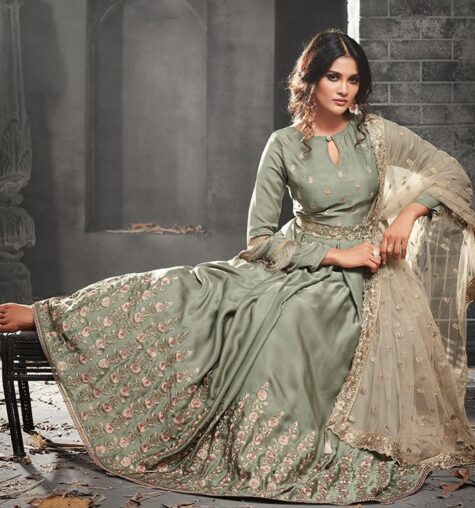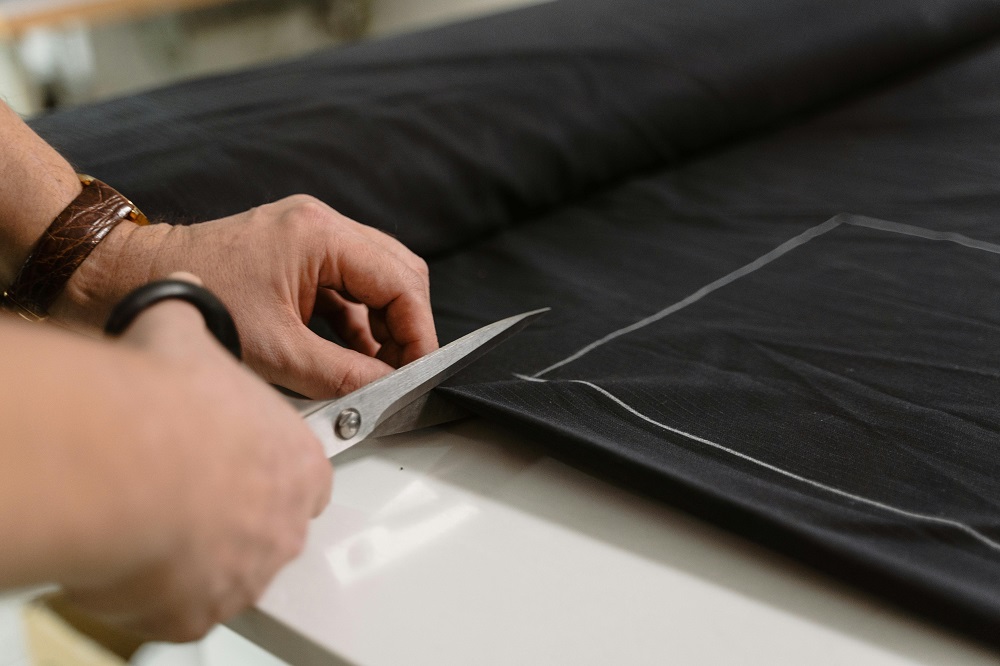Over the past two decades, Pakistani fashion has emerged as a global force, captivating audiences with its unique blend of traditional artistry and modern aesthetics. At the heart of this fashion renaissance are the country’s talented designers, whose creativity, cultural insight, and craftsmanship have brought Pakistani fashion to the forefront of international style. From intricately embroidered bridal couture to contemporary prêt-à-porter collections, Pakistani fashion designers have redefined elegance, both at home and abroad.
A Rich Tradition Meets Modern Innovation
Pakistani fashion designers draw heavily from the country’s rich textile heritage. With centuries-old techniques like hand embroidery, block printing, and weaving still widely practiced, designers have a unique advantage: the ability to merge tradition with contemporary fashion trends. This fusion creates garments that not only reflect cultural identity but also appeal to modern sensibilities.
Designers such as Bunto Kazmi and Nilofer Shahid are revered for their luxurious bridal and formal wear that pays homage to Mughal aesthetics and classical motifs. Meanwhile, younger designers like Shehla Chatoor and Hussain Rehar incorporate Western cuts and global fashion influences, catering to a new generation of style-conscious consumers.
Icons of the Industry
Several Pakistani designers have become household names, not just locally but on international runways and red carpets.
HSY (Hassan Sheheryar Yasin), often called the “King of Couture,” is one of Pakistan’s most celebrated designers. Known for his glamorous bridal collections and dramatic silhouettes, HSY has showcased his work in fashion capitals such as Dubai, London, and New York. His brand represents a luxurious blend of East and West, with an eye for detail and a commitment to quality.
Sana Safinaz, a designer duo comprising Sana Hashwani and Safinaz Muneer, has revolutionized prêt wear in Pakistan. With chic, accessible designs and high-end lawn collections, they have made high fashion more approachable for everyday consumers. Their versatility and business acumen have solidified their place as trailblazers in the fashion retail market.
Maria B., another household name, has gained massive popularity for her ready-to-wear lines, bridal collections, and kidswear. Her designs often incorporate contemporary flair while celebrating feminine grace. With a strong international clientele, Maria B. is one of the most successful fashion entrepreneurs in Pakistan today.
Breaking International Barriers
Pakistani fashion is increasingly gaining global recognition. Designers are participating in major international fashion weeks, dressing celebrities, and collaborating with international retailers. Kamiar Rokni, Faiza Samee, and Nomi Ansari have all showcased collections in Paris, Milan, and London, where their work has been applauded for its originality and craftsmanship.
The global Pakistani diaspora has also played a significant role in boosting the visibility of these designers. Bridal couture from Pakistan is now in high demand among South Asian communities in the UK, US, Canada, and the Middle East. Social media platforms like Instagram and TikTok have further amplified the reach of Pakistani fashion, allowing designers to connect with a worldwide audience in real-time.
The Business of Fashion
The Pakistani fashion industry is not just an artistic venture—it’s a booming business sector contributing significantly to the economy. From textile mills to fashion retail outlets, thousands of people are employed in this industry. Fashion weeks held in Karachi and Lahore are major events that attract media, influencers, and buyers from around the world.
Brands like Generation, Khaadi, and Zara Shahjahan have built strong retail empires with stores across the country and e-commerce platforms that cater to international buyers. This retail expansion is making fashion more democratic and inclusive, allowing people from various socioeconomic backgrounds to engage with designer wear.
Challenges and the Road Ahead
Despite its many successes, the Pakistani fashion industry also faces challenges. Economic instability, political uncertainty, and lack of government support can hinder growth and innovation. Moreover, issues like sustainability and ethical labor practices are still evolving areas within the industry http://jeem.pk/collections/stitched-lawn.
That said, there is a growing awareness among designers about responsible fashion. Brands are beginning to embrace eco-friendly fabrics, reduce waste, and ensure fair wages for artisans. The new wave of designers is socially conscious, globally aware, and technologically savvy—qualities that will help them sustain and grow in the modern fashion landscape.
Celebrating Cultural Identity Through Fashion
Pakistani fashion designers are more than just trendsetters—they are cultural ambassadors. Through their work, they tell stories of heritage, resilience, and creativity. Whether it’s a bridal jora dripping in sequins and gota or a minimalist cotton kurta for summer wear, every piece has a story rooted in tradition yet adapted for the times.





